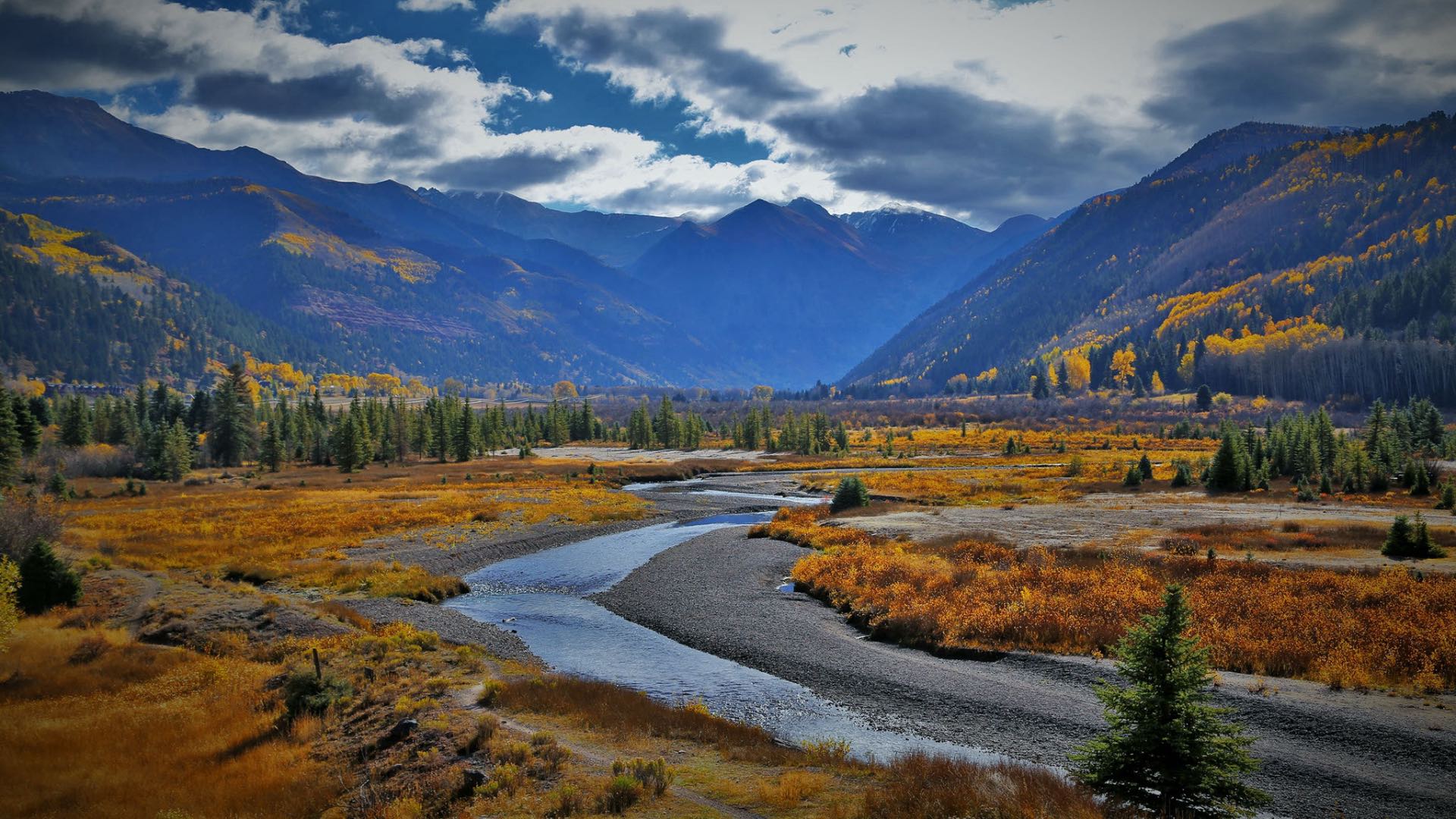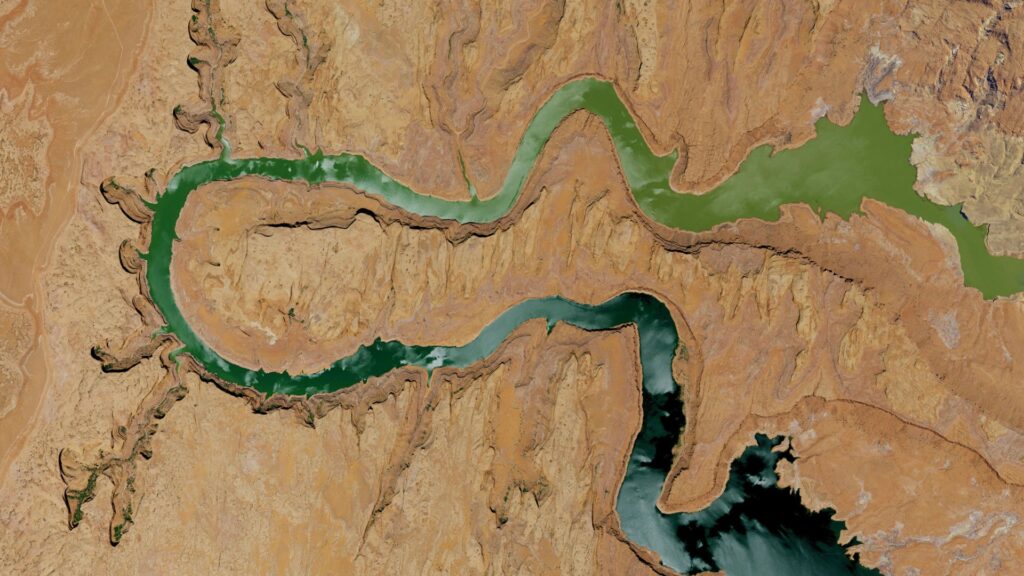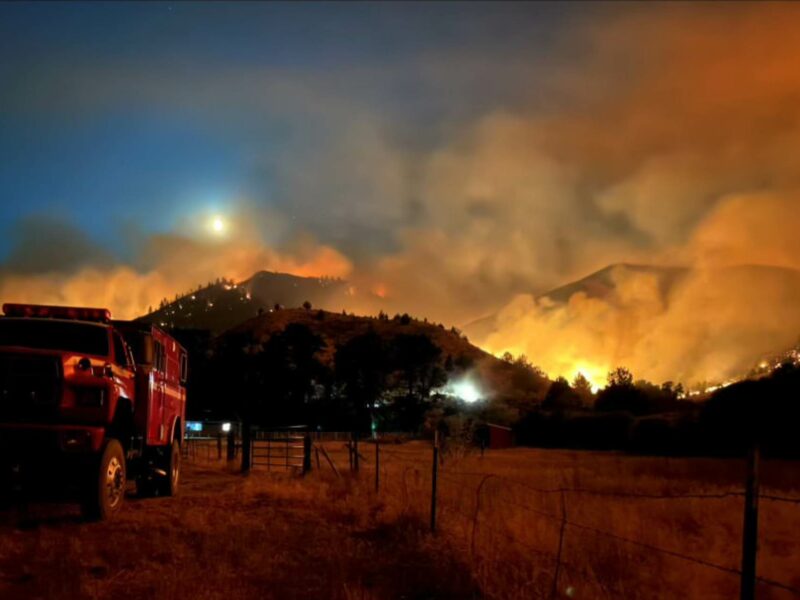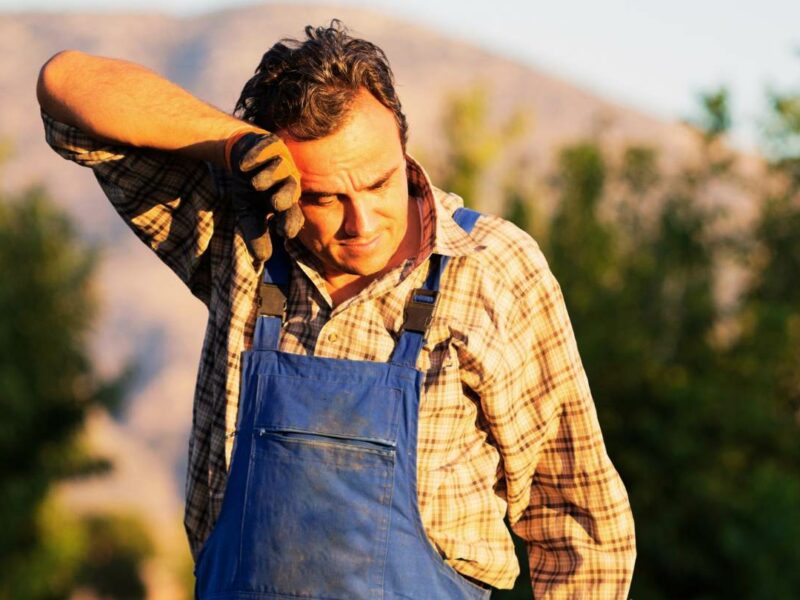
Water Weekly for July 11th
What to read if you can only read three things about western water this week.
1. Crystal River rancher, Water Trust again try to boost flows
In this detailed story from the Glenwood Springs Post Independent about an innovative water-sharing agreement between Cold Mountain Ranch and the Colorado Water Trust, we learn that “The program has the hallmarks of demand management, a much-discussed concept over the past few years at the state level: it’s temporary, voluntary and compensated.” Colorado Water Trust director of policy Alyson Meyer-Gould is quoted: “The idea is to find something that is a flexible way for water rights owners to use their water in years where it makes sense for something different than strictly agricultural practices.” Bill Fales, the owner-operator of Cold Mountain Ranch, which is outside Carbondale, Colorado, says, “Obviously we are like everybody else — we hate to see the river dry. Also Marj and I are fairly convinced that if there’s going to be problems and controversies over water, we’d rather be trying to find solutions ourselves than have one imposed on us by somebody else.” Pitkin County, who co-owns a conservation easement on Cold Mountain Ranch, had to sign off on the agreement. Ultimately, the county attorney was satisfied that a 2013 Colorado law protected Fales and the ranch from “abandonment” claims against their water rights since they are enrolled in an approved conservation program.
2. Property owners and officials find ways around century-old laws as the West runs out of water
In this exploration of the ways water law circumscribes the options of communities facing prolonged and severe drought in California, Stephanie Elam of CNN shines a light on another unique agreement between landowners, municipalities, and the State Water Board on the Upper Russian River in Mendocino and Sonoma Counties. “For months, rights holders met once a week to come up with an agreement in anticipation of another supply shortage. It’s an effort to avoid curtailments spurred by the severe drought conditions last year, which led to water demand outstripping supply,” she writes. The State Water Board says more than half of the basin’s rights holders have signed up for the voluntary program, which commits senior rights holders, including municipalities, to 20-30% reductions in water use. The saved water is pooled to alleviate the “all-or-nothing” aspect of the prior appropriations system, in which junior rights holders would get nothing if curtailments were called for by the water board. Those water rights holders who did not join the system are still subject to an emergency curtailment regulation. “As water levels continue to drop, curtailments will kick in based on seniority,” Elam writes.
3. How this tribe survives in Colorado’s worst drought region with as little as 10% of its hard-won water supply
The Ute Mountain Ute tribe in Southwest Colorado has been making due with less for a long time, but the brutal 20+ year drought has hit the community hard. How the tribe is coping is the subject of this piece from Bruce Finley in the Greeley Tribune. Tribal irrigation manager Michael Vicenti is afraid of letting his people down, as available water from the McPhee Reservoir is further cut and the tribes corn crop dries out. Thanks to a mill built in 2014 that allows the Utes to direct market their corn crop, they are still making ends meet, barely. Tribal elder Terry Knight says the springs on Ute Mountain, which overlooks tribal lands and is central in ceremonies, have completely dried up. “And we think we got it bad? The animals got it worse.” Vicenti contemplates what might become of the Ute, as Finley notes that historically, Southwestern peoples migrated to avoid the worst effects of prolonged droughts. But members of the Ute Mountain Ute tribe say they want to stick it out. “You cannot run from your own land. It is home.”
Water Weekly is a new regular roundup of Western Water stories that will live at the center of our new project On Land On Water, a commitment to covering this most critical of issues in the American West. Thanks to generous support from the Walton Family Foundation, On Land is able to bring you regular explanations, insights and stories focused on what landowners can and are doing to survive the ongoing drought and drying out of the West.
Get the Water Weekly in your Inbox each week.





